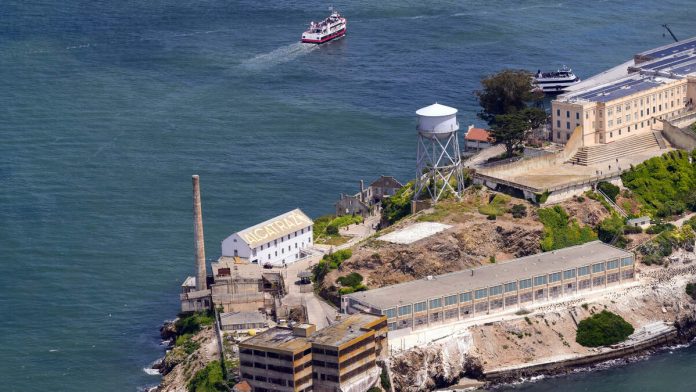President Donald Trump and Attorney General Pam Bondi have proposed reopening Alcatraz Island as a federal prison, but the plan faces significant logistical hurdles. One of the main issues is the island’s lack of a wastewater treatment plant or water pipes connecting to the mainland. Currently, boats transport wastewater from Alcatraz to San Francisco, where it enters the municipal sewage system. If San Francisco decides not to accept these deliveries, the federal government could face a serious problem.
According to the San Francisco Chronicle, San Francisco Supervisor Connie Chan is considering legislation to restrict Alcatraz’s sewage and water usage to its current status. Mayor Daniel Lurie’s office has not commented on how the city would handle this potential issue. Critics argue that the cost of restoring Alcatraz’s facilities would be exorbitant, and the plan would require Congress to approve its transfer from the National Park Service to the Bureau of Prisons.
Water and sewage have always been challenges on Alcatraz, contributing to the prison’s closure in 1963. Eileen White, executive officer of the San Francisco Bay Regional Water Quality Control Board, noted the difficulties in providing enough water for a residential population at modern plumbing standards. The current system uses boats to bring potable water to the island and return wastewater to the city.
President Trump’s plan has drawn criticism from local officials and environmental experts, who question its feasibility and potential impact on San Francisco’s already strained sewage system. The plan is expected to face significant legal and logistical challenges before any progress can be made.

Recent Comments